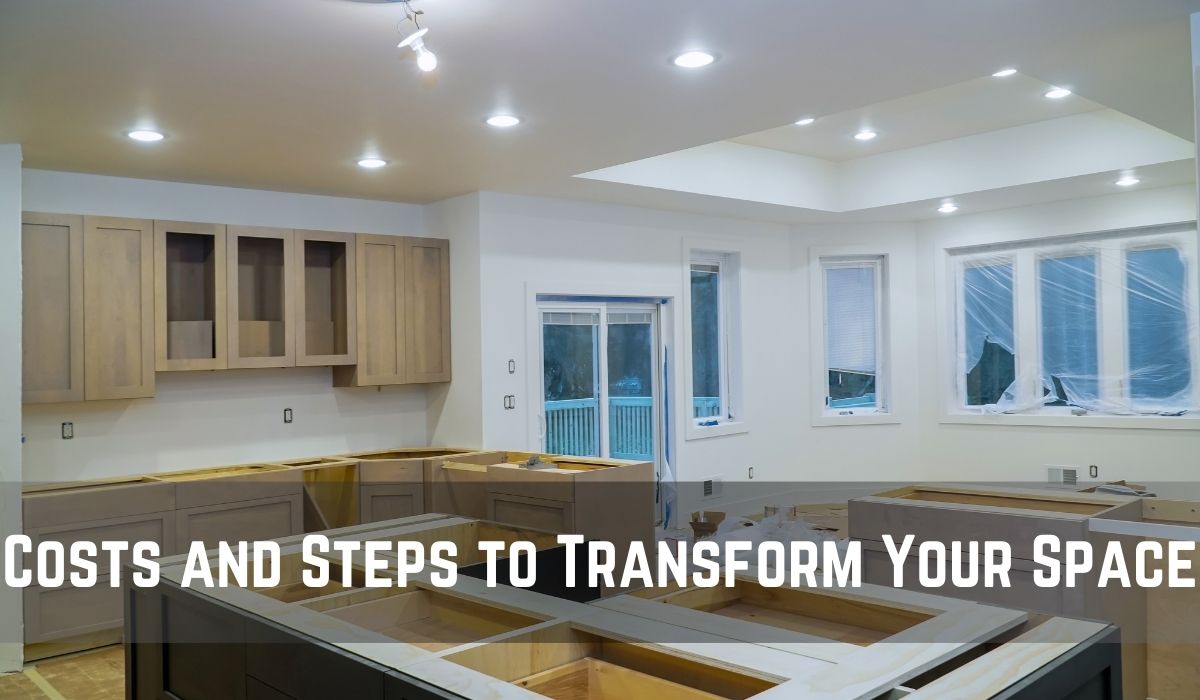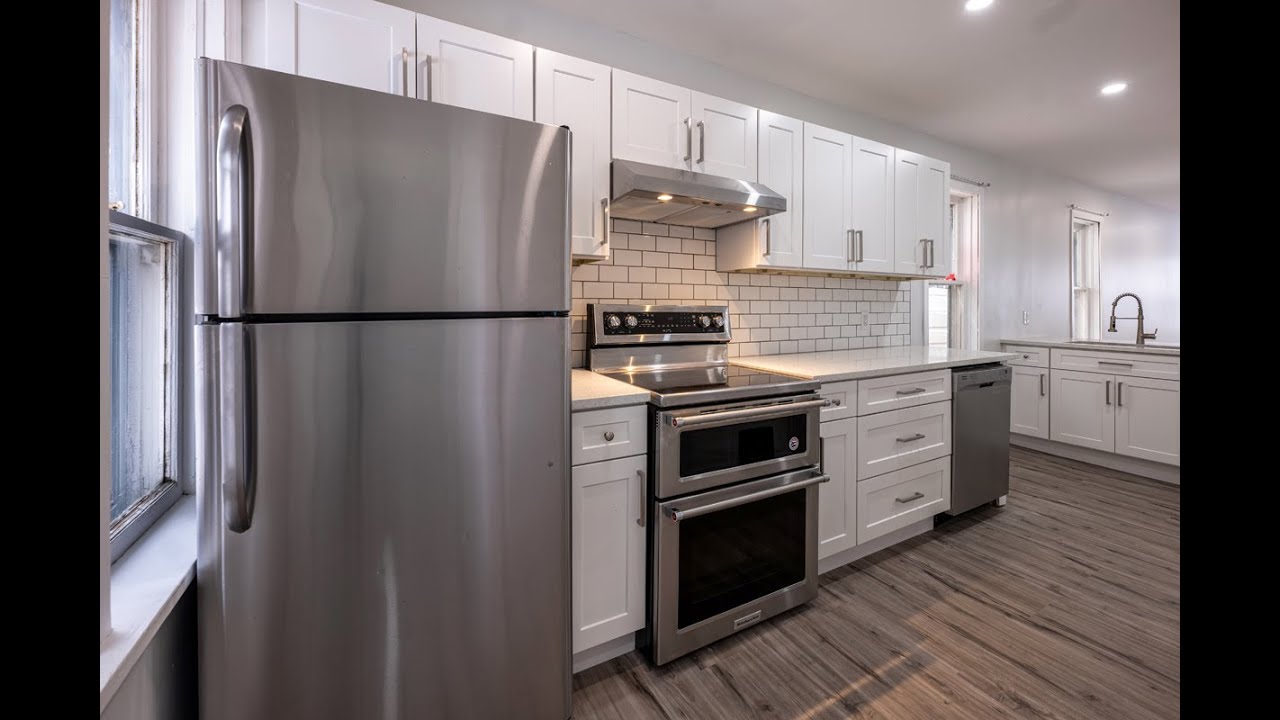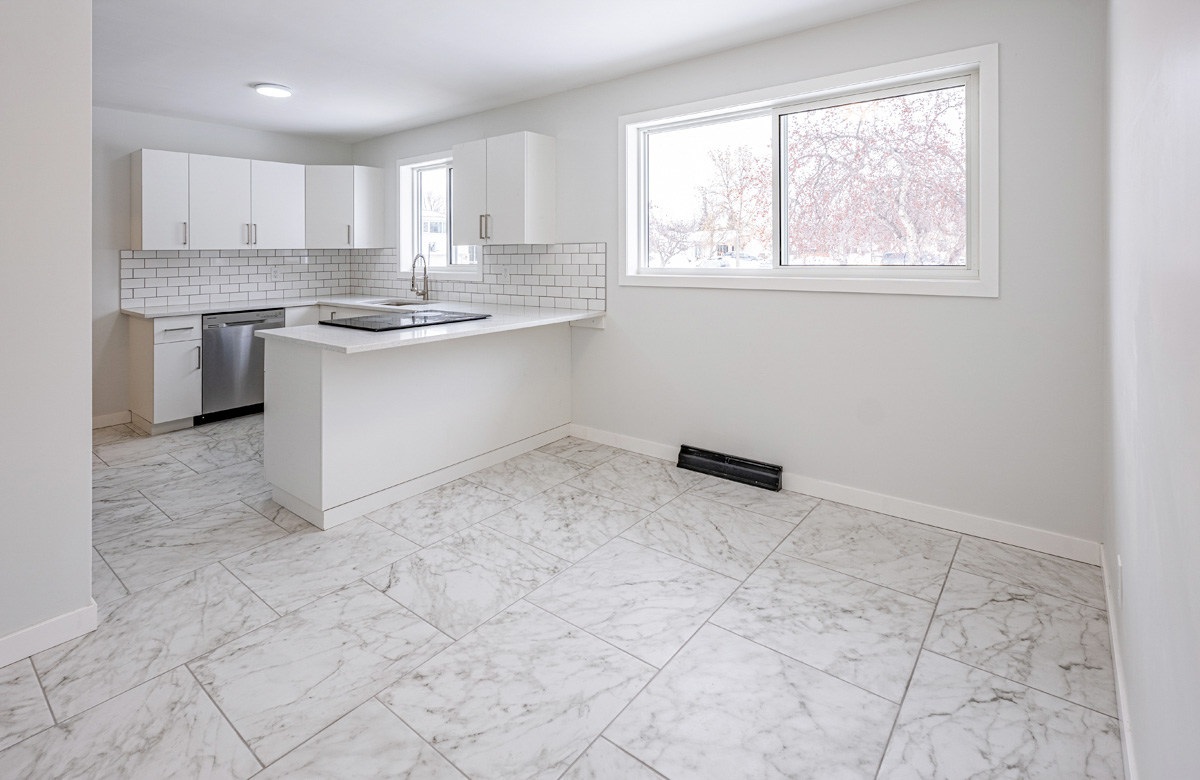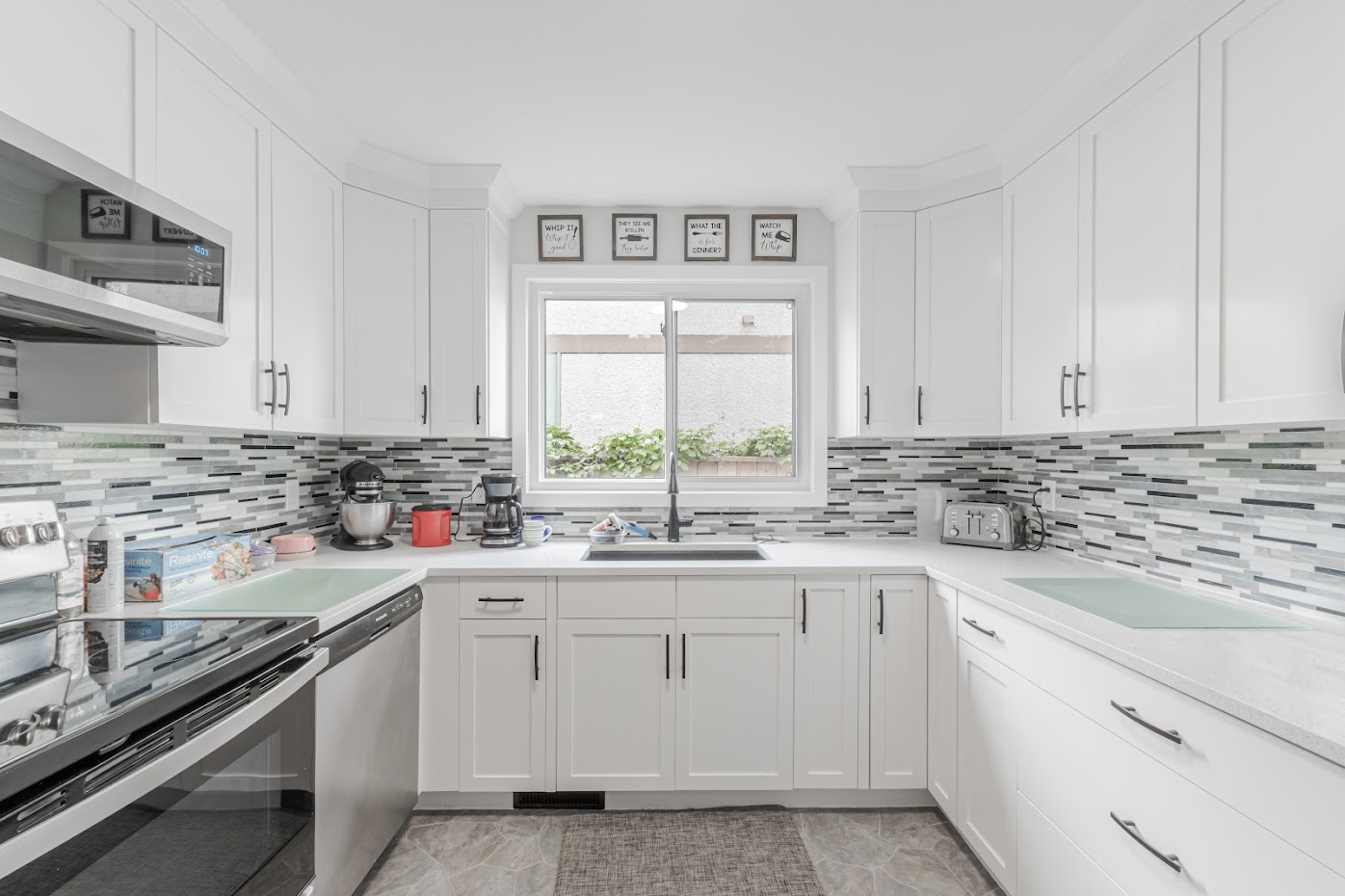Considering Cost and Steps for homes to renovate? Determining the cost of renovating a home involves various factors, and it’s crucial to have a clear plan in place. In this article, we’ll explore the costs associated with renovating homes, providing valuable insights and a step-by-step guide to help you embark on a successful transformation.
Understanding the Costs for Homes to Renovate
Renovating homes can be a rewarding venture, but it’s essential to understand the potential costs involved. The expenses can vary based on the scope of the project, materials used, and contractor fees. Let’s delve into the factors influencing the cost to renovate a home:
- Define Your Renovation Goals: Clearly outline your renovation goals to determine the scope of the project. Are you focusing on a specific area like the kitchen, bathroom, or considering a whole-house renovation?
- Create a Detailed Budget: Develop a comprehensive budget that considers materials, labor, permits, and unforeseen expenses. Be realistic about your financial capacity and allocate funds accordingly, See more.
- Research and Get Multiple Quotes: Research the cost of materials and labor. Obtain quotes from multiple contractors to compare prices and services. This ensures you get the best value for your investment.
- Factor in Contingency Funds: Allocate a contingency fund in your budget to account for unexpected expenses example home renovation tax credit; that may arise during the renovation process. This will help you stay on track even if unforeseen challenges occur.
- Consider DIY for Cost Savings: Evaluate if there are aspects of the renovation you can handle yourself to cut down on labor costs. However, be realistic about your skills and the complexity of the tasks.

Planning Your Renovation Project
Embarking on a successful renovation project requires careful planning. Here are additional steps to guide you through the process:
Choose the Right Contractor for Homes to Renovate
Selecting a reputable and experienced contractor is the foundation of a successful homes to renovate project. Take the time to research potential contractors thoroughly. Ask for recommendations from friends, family, or neighbors who have undergone similar renovations. Additionally, check online reviews and ratings on reputable websites to gauge the contractor’s reputation and reliability. When vetting contractors, inquire about their experience with projects similar to yours and request references. Contact previous clients to inquire about their experience working with the contractor, the quality of their workmanship, and their professionalism. It’s also essential to ensure that the contractor is properly licensed and insured. Licensing demonstrates that the contractor has met certain competency standards, while insurance protects against any accidents or damages that may occur during the renovation process. By choosing the right contractor, you can have confidence in the quality and timely completion of your renovation project.
Select High-Quality Materials
The materials used in your renovation play a significant role in the durability, functionality, and aesthetics of the finished space. While it may be tempting to opt for cheaper materials to save money upfront, investing in high-quality materials can yield long-term benefits. Quality materials are more durable and resistant to wear and tear, ensuring that your renovated space remains in good condition for years to come. Additionally, high-quality materials often offer better performance and functionality, enhancing the comfort and usability of your home. When selecting materials, consider factors such as durability, maintenance requirements, and compatibility with your design aesthetic. Work closely with your contractor or design professional to choose materials that align with your budget and design goals while prioritizing quality and longevity.
Obtain Necessary Permits
Before starting any renovation work, it’s essential to obtain the necessary permits from your local building authority. Building permits are required for most homes to renovate projects and ensure that the work complies with local building codes and regulations. Failing to secure the required permits can result in costly fines, delays, and even legal consequences. To determine which permits are needed for your project, consult with your contractor or contact your local building department. The permitting process typically involves submitting detailed plans and specifications of the proposed renovation work for review and approval. Depending on the scope of the project, additional inspections may be required at various stages of construction. By obtaining the necessary permits upfront, you can avoid potential setbacks and ensure that your renovation proceeds smoothly and legally.
Executing Your Homes to Renovate
As you move forward with your renovation project, consider the following steps to ensure a successful execution;
Establish a Realistic Timeline
Creating a realistic timeline is crucial for managing expectations and ensuring that your homes to renovate project progresses smoothly. Start by assessing the scope of work involved in your renovation, including tasks such as demolition, construction, installation, and finishing touches. Break down the project into smaller milestones and allocate timeframes for each task based on its complexity and duration. Consider potential external factors that could impact the timeline, such as inclement weather, material delivery delays, or unexpected structural issues.
Be conservative in your estimates to account for unforeseen challenges that may arise during the renovation process. By setting a realistic timeline, you can better manage expectations and minimize disruptions to your daily routine.
Regularly Communicate with Contractors
Maintaining open communication with your contractors is essential for keeping the renovation project on track and addressing any issues or concerns promptly. Schedule regular check-ins with your contractor to review progress, discuss upcoming tasks, and address any challenges or changes to the plan. Be proactive in communicating your expectations and preferences to ensure that the work aligns with your vision for the finished space. If any issues or delays arise during the renovation, address them promptly with your contractor to find solutions and prevent further setbacks.
Establishing a strong line of communication fosters collaboration and ensures that everyone involved in the project is on the same page.
Monitor Budget Expenditures
Keeping a close eye on your budget throughout the renovation is essential for avoiding overspending and staying within your financial means. Start by establishing a detailed budget that outlines all anticipated costs associated with the renovation, including materials, labor, permits, and any unexpected expenses. As the project progresses, regularly track expenditures against your budget to identify any discrepancies or areas where costs are exceeding projections. If necessary, make adjustments to your budget by reallocating funds or exploring cost-saving alternatives. Communicate any budgetary concerns with your contractor to ensure that they are aware of your financial constraints and can make informed decisions accordingly.
By closely monitoring your budget, you can maintain control over your finances and prevent any financial surprises during the renovation process.
During Home renovation Here’s some Tips for Home Renovations.
Other Helpful Sources for Your Homes to Renovate:
Manitoba Government Offers 37 Grants, Tax Credits, and Rebates for Homeowners in 2023.





